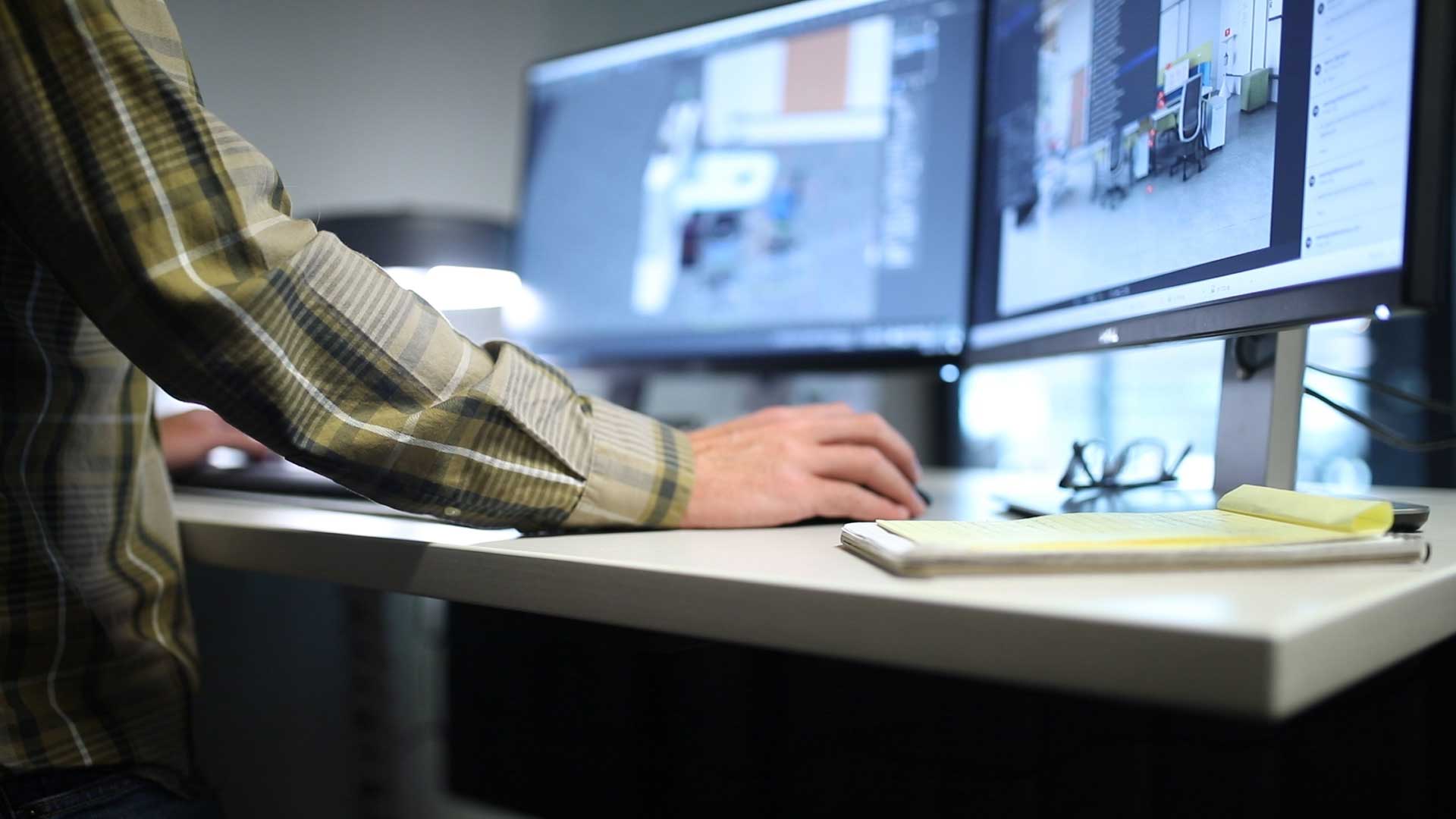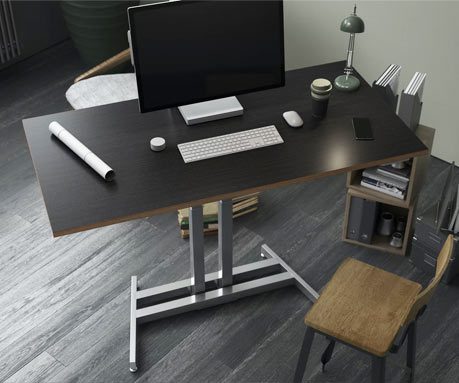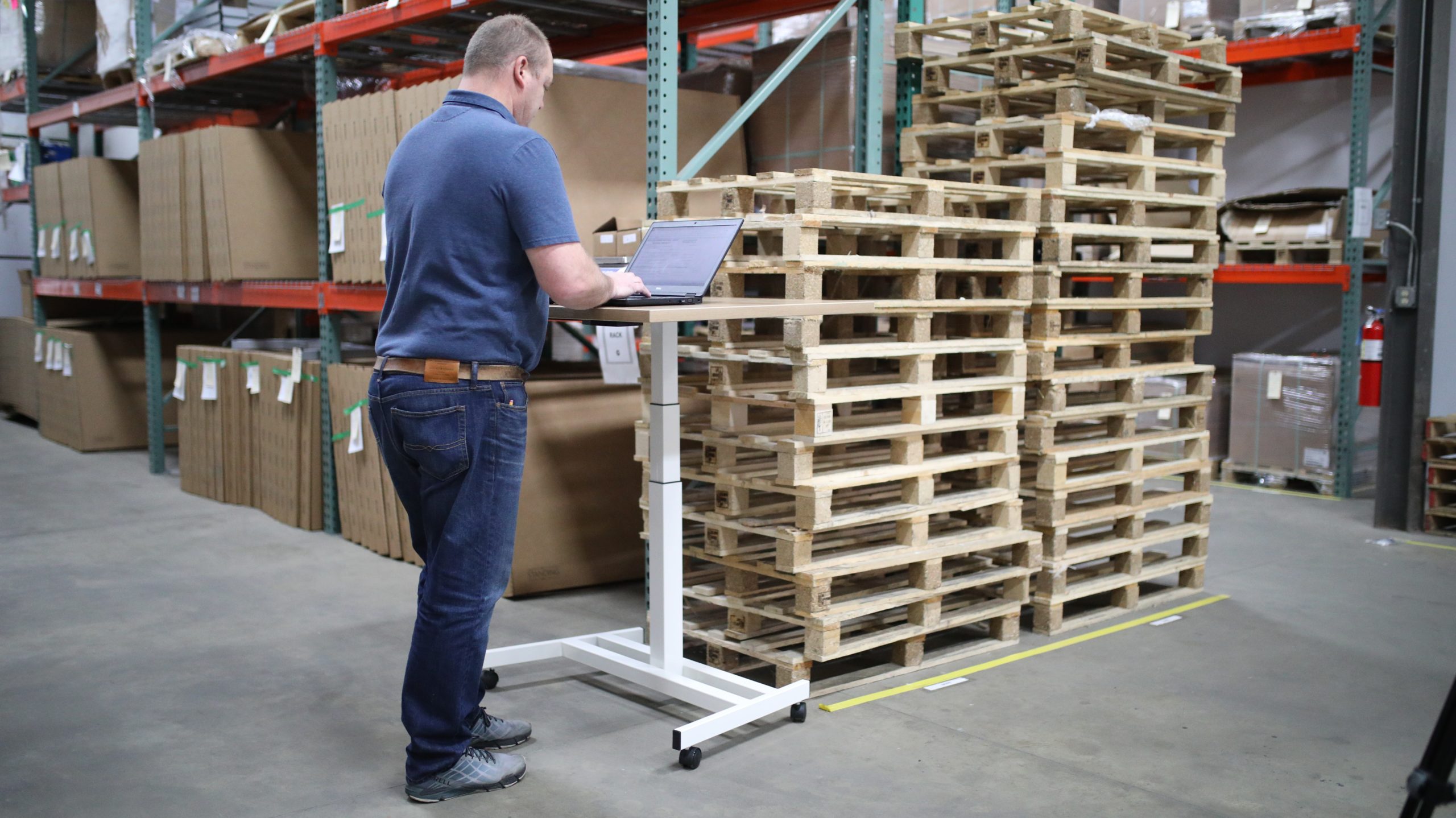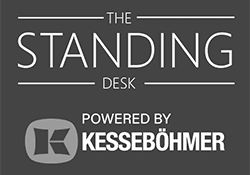The Benefits of Standing Desks for People with Disabilities
People with disabilities often face unique challenges when it comes to work and productivity. They may have difficulty sitting or standing for long periods of time, or may require special accommodations to perform their job tasks. Standing desks, also known as sit-stand desks or adjustable desks, are desks that can be adjusted to allow the user to either sit or stand while working. Standing desks can provide a solution to these challenges and allow people with disabilities to work comfortably and efficiently.
Custom Fit Desks
One of the primary benefits of standing desks for people with disabilities is the ability to customize the desk to fit the user’s needs. Many standing desks come with adjustable heights, and can be equipped with keyboard trays and monitor mounts, which can be adjusted to find the most comfortable and ergonomic position for the user. This can be especially important for people with disabilities, as finding a comfortable position can be challenging due to physical limitations or pain.

Psychological Benefits of Standing Desks
Standing desks can also have psychological benefits for people with disabilities. The ability to stand and move around as needed while working can help alleviate boredom and improve mood, as it allows the user to change their focus and perspective. It can also help reduce stress and anxiety, as standing has been shown to improve mental clarity and focus.
How to Start Using a Standing Desk
There are a few things to keep in mind when using a standing desk if you have a disability.
- Start slowly and gradually increase your standing time to allow your body to adjust.
- Take breaks and stretch regularly to prevent fatigue and strain on the body.
- Consult with a healthcare professional or occupational therapist before starting any new treatment, including using a standing desk, to ensure that it is safe and appropriate for your specific condition.
Overall, standing desks can be a helpful tool for people with disabilities looking to improve their work and productivity. While they may not be a solution for everyone, they can provide numerous physical and psychological benefits and may be worth considering as part of a comprehensive treatment plan. It is always better to consult with a healthcare professional or occupational therapist before starting any new treatment.

Types of Standing Desks for People with Disabilities
There are a few different types of standing desks available, and it’s important to choose the one that best fits your needs and budget.
Adjustment
Make sure the adjustment range of the desk, from lowest to highest height, fits your needs. Also, consider the height adjustment mechanism.
- Some standing desks are manual and require the user to manually adjust the height of the desk using a crank or lever.
- Others are electric and can be adjusted with the push of a button.
- Still others are operated with pneumatic power, which provides assistance lifting and lowering, and requires squeezing a handle and giving a light push up or down.
Manual standing desks can be low cost, but pneumatic desks can be faster and easier to operate. Electric standing desks may be more convenient for people with disabilities who have difficulty with manual dexterity.
Size and Weight
Factor in the size and weight of the standing desk, as well as the weight capacity. Some standing desks are designed to be portable and can be easily moved around the office or home. Others are larger and more stationary, and may be more suitable for permanent workstations.
Other Ergonomic Desk Products
In addition to standing desks, there are a number of other ergonomic products and accessories that can help people with disabilities work comfortably and efficiently. These can include ergonomic chairs, keyboard trays, monitor stands, and footrests. It’s important to consult with a healthcare professional or occupational therapist to determine the best products and setup for your specific needs.
Does the ADA Apply to Standing Desks?
According to the Job Accommodation Network, the Americans with Disabilities Act (ADA) often does apply to standing desks for medical needs. Many employers may simply offer them as an accommodation for anyone who asks.
Standing desks can be a valuable resource for people with disabilities looking to improve their work and productivity. While they may require some initial investment and adjustment, they can provide numerous physical and psychological benefits and may be worth considering as part of a comprehensive treatment plan.









